Introduction to 2.4mm Rivets
The world of fastening and assembly is diverse, with 2.4mm rivet types serving as a fundamental component in numerous applications. These small but essential items are pivotal in providing strong joins without the need for welding or adhesives. The category of 2.4 mm rivet encompasses a variety of designs tailored to specific functions and materials.
Types and Applications
2.4 mm pop rivets, known for their ease of installation, are commonly used in situations where access is only available from one side of the assembly. This type of rivet is ideal for tight spaces or where a smooth finish is required. The versatility of 2.4 mm rivets extends to various sectors, including automotive, aerospace, and construction, where they provide secure and durable fastening solutions.
Features and Materials
The features of 2.4mm rivets are as diverse as their applications. They can be solid, semi-tubular, or blind, each with unique attributes suited to different tasks. The materials used in manufacturing these rivets include aluminum, steel, and copper, offering a range of properties from lightweight to corrosion resistance. The choice of material impacts the rivet's strength and suitability for the environment in which it will be used.
Advantages of Using 2.4mm Rivets
Utilizing rivet 2.4 mm in projects comes with several advantages. Their small diameter allows for precise application, while the variety of lengths and diameters cater to specific requirements of grip range. The installation of 2.4 mm rivets is typically straightforward, often requiring only a rivet gun or similar tool, which contributes to their popularity in both professional and DIY projects.
Selection Considerations
When selecting a 2.4mm rivet, it is crucial to consider the material thickness and the required strength of the joint. The rivet's material should be compatible with the materials being joined to prevent galvanic corrosion. Additionally, the rivet's head style is another important factor, as it should be appropriate for the surface it will sit against to ensure a flush finish if needed.
Conclusion
In conclusion, the 2.4 mm rivet is a small but mighty component in the fastening industry. With a range of types, materials, and advantages, these rivets are designed to meet the demands of various projects. Alibaba.com serves as a comprehensive source for these components, offering a broad selection to meet the needs of any project's specifications.






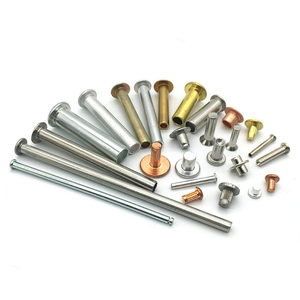

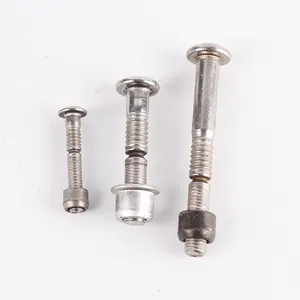
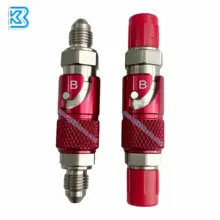

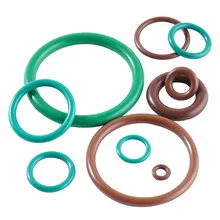





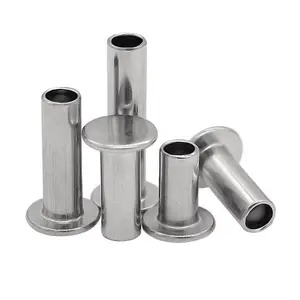
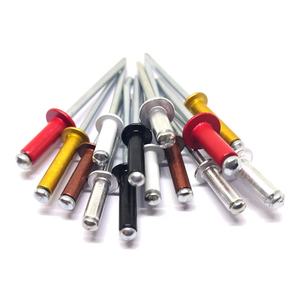
























 浙公网安备 33010002000092号
浙公网安备 33010002000092号 浙B2-20120091-4
浙B2-20120091-4